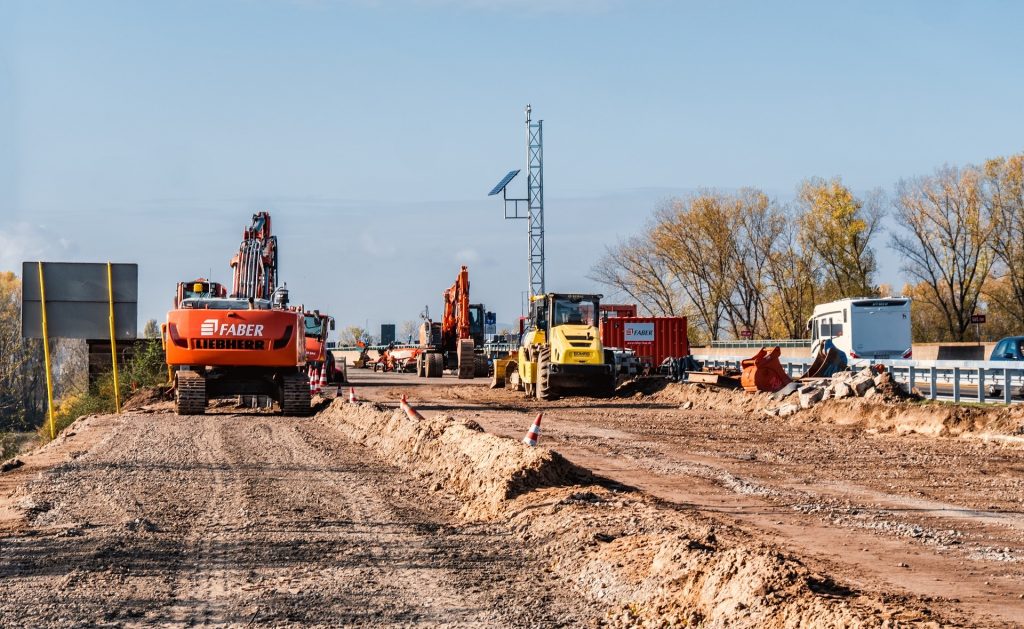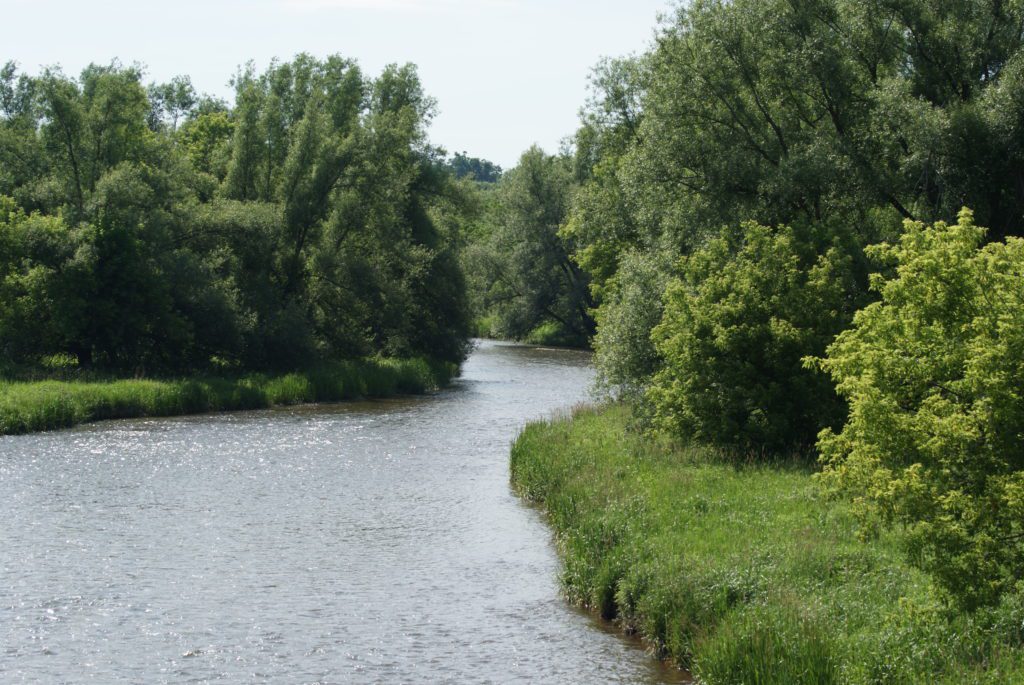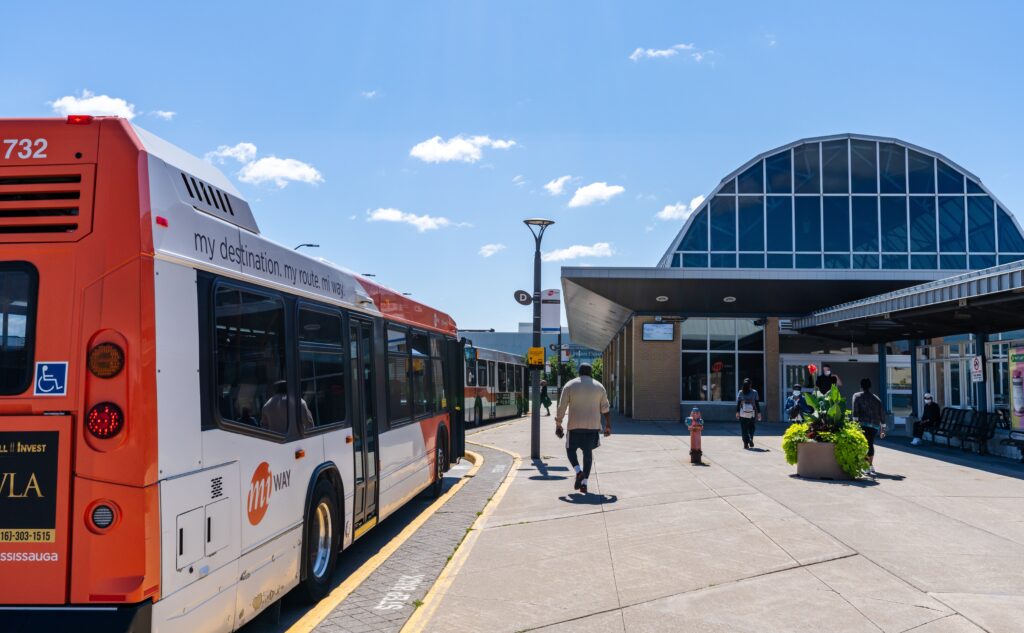Toronto | Traditional territories of the Mississaugas of the Credit, the Anishinaabeg, the Haudenosaunee, and the Wendat – Environmental Defence experts react to the 2024 Ontario budget, released today.
Keith Brooks, Programs Director:
This budget once again shows that the Ontario government doesn’t take climate change seriously and is uninterested in being truthful when it comes to the costs of climate change and climate policies. The budget’s discussion of climate is limited almost exclusively to attacking the federal carbon price and claiming that it is driving up inflation and the cost of living, omitting any mention of the rebate. Meanwhile, Ontario is without a credible plan to address climate change, though the government’s own report, released last fall, flagged that climate change threatens Ontarians’ homes, food, farms, forests, and health.
Phil Pothen, Program Manager, Land Use and Ontario Environment:
Today’s budget is awful news for Ontario families seeking a decent home. Ontario’s housing shortage was caused by decades of putting most new family housing in low-density, highway-dependent subdivisions on farmland. Today’s spending doubles down on that failed model.
This budget would use public money to divert scarce construction labour and materials away from the denser forms and the existing neighbourhoods where it would house far more families much faster. Subsidizing inefficient sprawl with a blank check for limited access highways and most of the $1.8 billion dollar water and sewer spend would mean Ontarians get fewer and more expensive homes, more slowly.
Nate Wallace, Program Manager, Clean Transportation:
For a budget that touts investments in public transit, municipal transit systems outside Toronto continue to be left out in the cold. Rather than crafting a new deal for cities that would bring more frequent, reliable and affordable local transit to Ontarians by increasing operations funding, the province has decided to double down on subsidizing driving. The dedicated public transit fund continues to be eroded as its funding hasn’t been adjusted for inflation since its introduction in 2004—twenty years ago. As demonstrated by Environmental Defence’s latest report, Putting Wheels on the Bus, Ontario must increase direct funding for local transit service by at least $1.8 billion on average per year to double public transit ridership by 2035.
Rebecca Kolarich, Program Manager, Ontario Environment:
Ontario continues to fall behind on funding and ambition for nature conservation. With this budget, the province had an opportunity to: develop a comprehensive strategy and substantially increase funding to enhance the inadequate percentage of protected areas; contribute to the 30 by 30 initiative; encourage reconciliation with Indigenous communities; and safeguard nature-based climate solutions. Given that we are in the midst of a biodiversity and climate crisis, it’s disappointing to see the Ontario government continuously prioritize its investments in development projects, like Highway 413, that will destroy key forests and wetlands that provide habitat for hundreds of species at risk.
ABOUT ENVIRONMENTAL DEFENCE (environmentaldefence.ca): Environmental Defence is a leading Canadian environmental advocacy organization that works with government, industry and individuals to defend clean water, a safe climate and healthy communities.
– 30 –
For more information or to request an interview, please contact:
Lauren Thomas, Environmental Defence, media@environmentaldefence.ca





